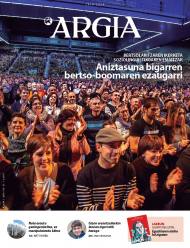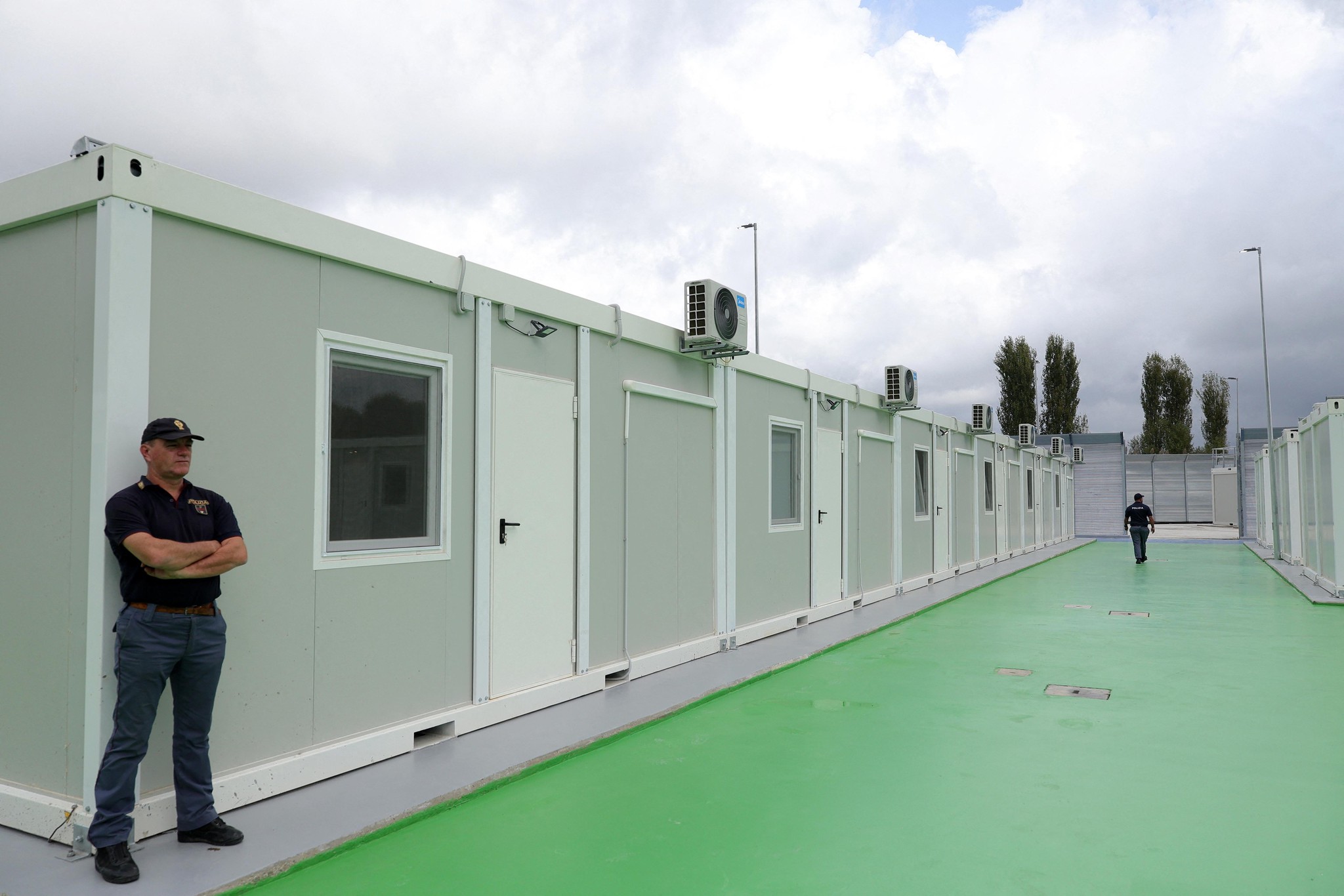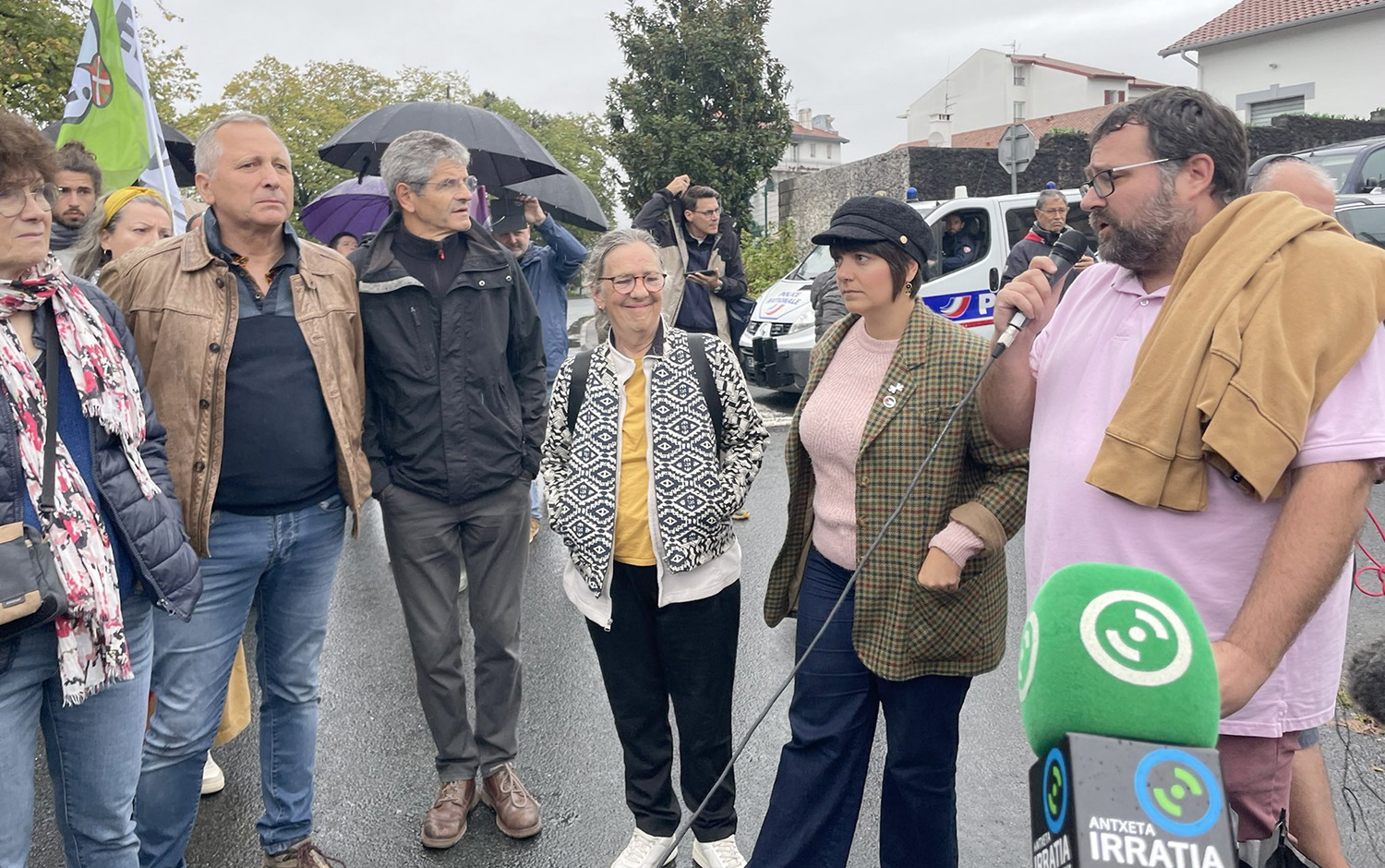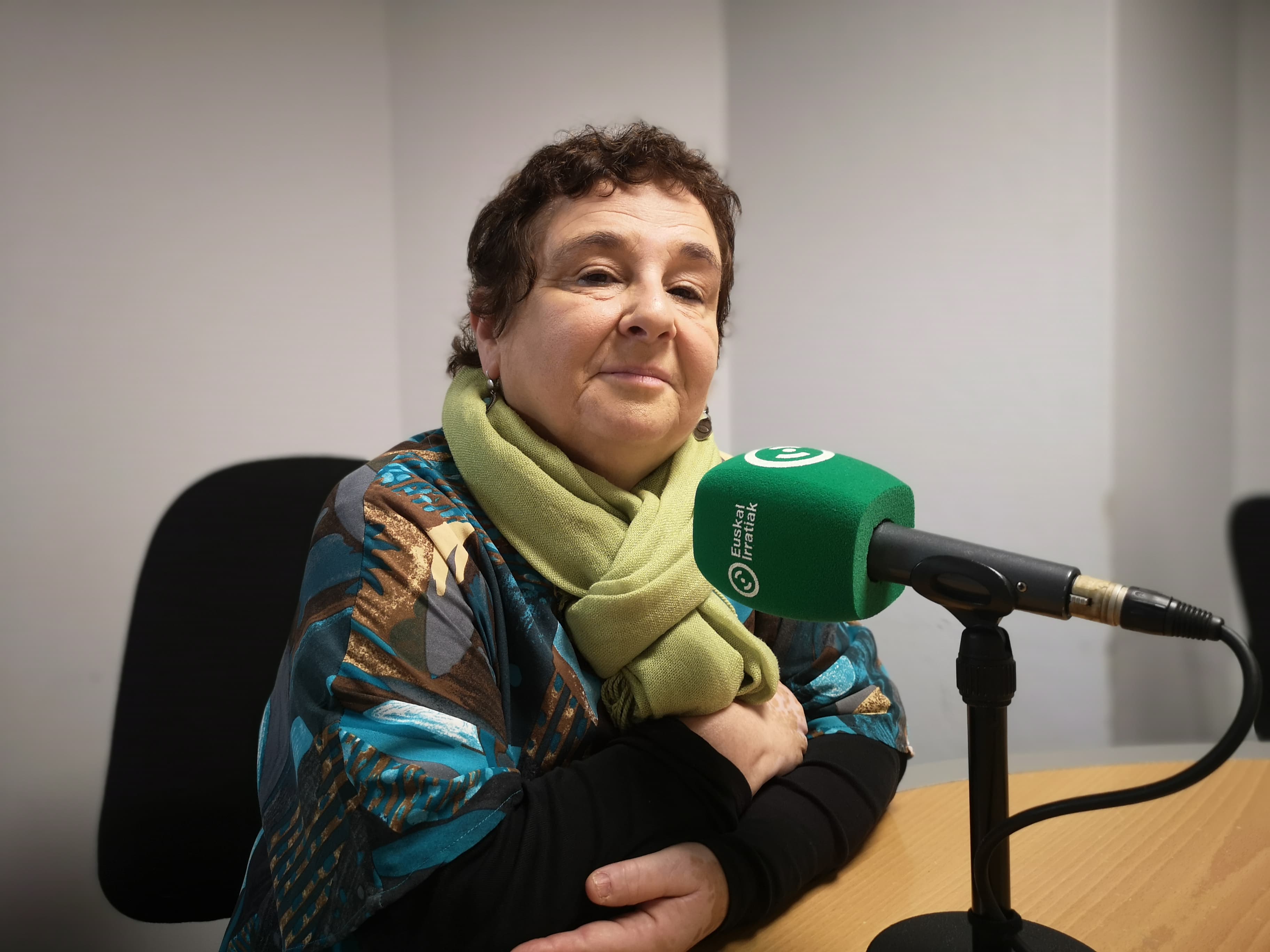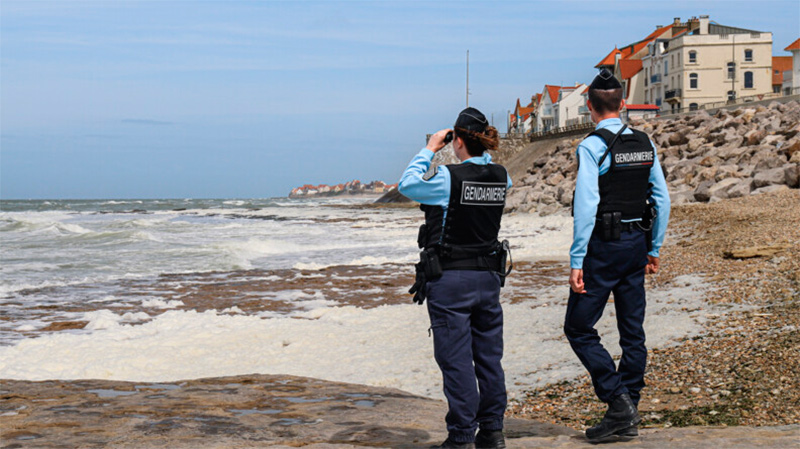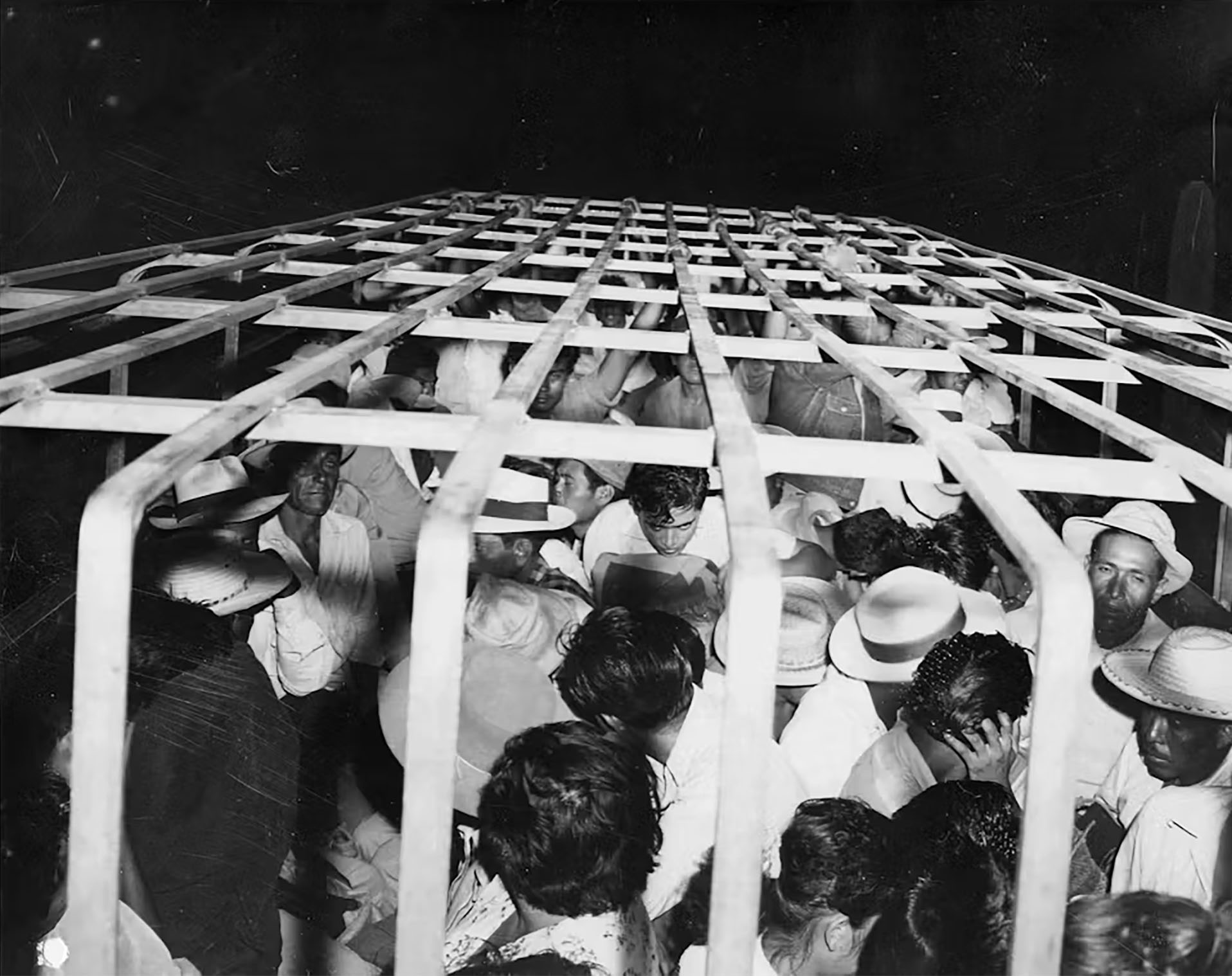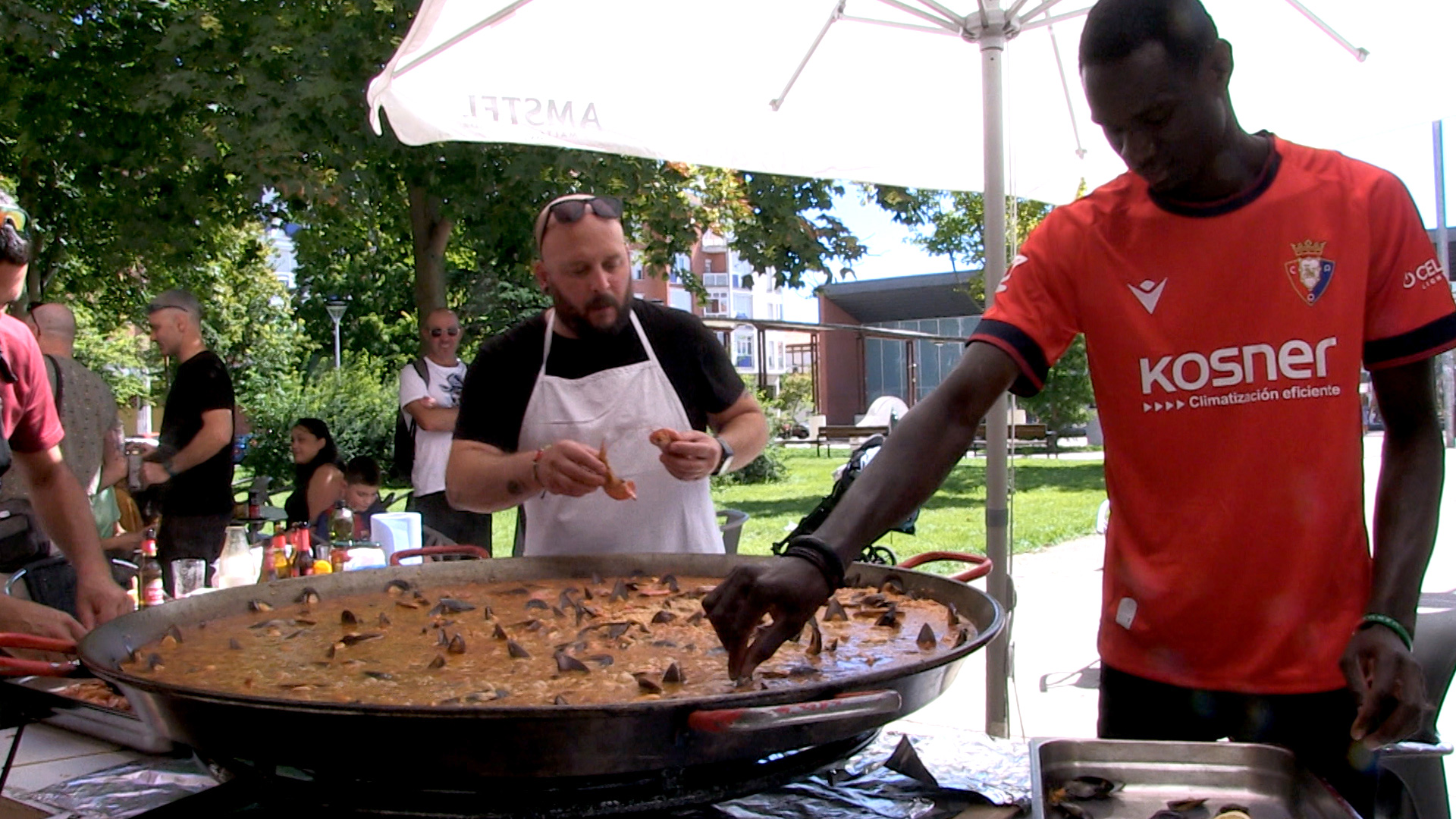"Women are easier to integrate"
- Sociology professor at UPV/EHU Amaia Izaola (Getxo, 1957) has analyzed the relationships between indigenous and immigrants in the Basque Country. In 2013, in his doctoral dissertation, he analyzed the schemes we created to classify immigrants according to their origin, as well as the collective images of immigrants with autochthonous. Crossed Views collected the study of these two-way views published in 2016: The Social Construction of Otherness.
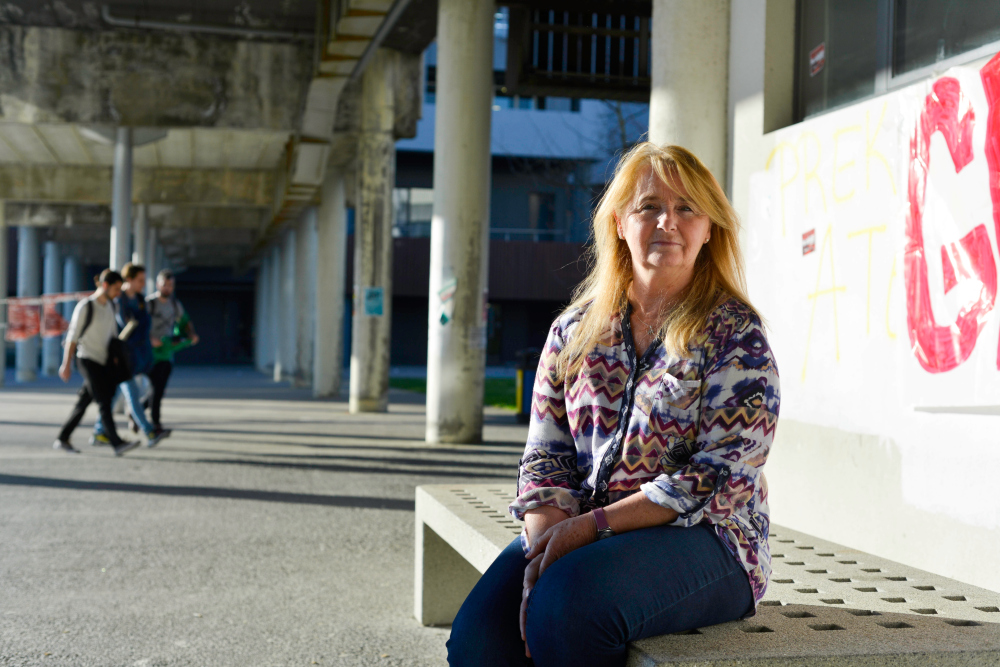
What groups of immigrants have you analyzed?
Romanians, Moroccans, Bolivians, Senegalese, Colombian and Chinese. These were men and women who have been in the Basque Country for at least five years, with work or recent work, so that the economic resources did not influence excessively the opinion about their integration.
In these receiving societies, we create typical or ideal schemes to classify immigrants. How do we create them?
We usually rely on some of the things we mainly notice, as we label them immediately based on their origin and phenotypic profiles. Then, depending on those characteristics, we get closer or closer to them.
In his book he speaks of a double perspective: on the one hand, being the same nation of origin gives shared characteristics; on the other hand, it makes his supposed collective identity contrasted with ours.
Yes, I wanted to analyze whether our opinions or typifications about them based on their origin fit into the opinions that they think we have. I was also interested in the opposite direction, to see how far they were integrated into society. As for Spanish, in principle some groups from certain origins should feel closer, such as Colombians and Bolivians.
And is it?
Yes, in general yes, but it is true that there is one element that creates distortion. For example, Romanians, who belonged to the European Union, supposedly had to look closer to them. But there is a perception of remoteness, both in ourselves and in us, because the ethnic factor of the Romanian Roma is present. The same has happened to me with the Bolivians, even though they are Latin American, there is a greater perception of remoteness among them. Here too there is an ethnic variable, the inhabitants of the cities look closer to us than those of the rural areas.

What hypotheses did you have and what conclusions did you draw?
My starting point was that our images of immigrants are going to have more and more influence on our social relations, they're going to condition the ways of integration. It's easy to say, but you have to prove it. I've confirmed the hypothesis in an unexpected way. In fact, some immigrant groups use the same cognitive frameworks as we do for definitions of other immigrant groups. They have with us the same topics as us, we are closed, etc.
Have you found differences between men and women?
In general, women are easier to integrate. Motherhood is important here. For example, a Colombian woman told me: “The bus station is magical, where all women are equal.” One Colombian told me that it had been very hard for him to do his place and, according to his own words, his wife “had a crew the day after arriving from Colombia.”
Are immigrants welcome here?
There are good conditions for people coming from outside to be welcomed, social and structural, as there are not many
immigrants. From the research, the situation has changed a little, there has been a crisis and the issue of refugees has appeared. There have been some issues on the street that have worsened the situation, such as prejudice, but less so than elsewhere.
As the book says, on the scale of proximity we collectively generate, we place those of some origins too far, to the point of classifying them as “culturally incompatible”.
This is obvious. First there's language, and then there are more difficult elements to share, like culture or religion. Language and culture condition social relations, but it is also true that over time relationships become more natural. There are groups that close themselves and we find it harder for us to share spaces with them.
The topics are social constructions, although we all use them for a first approximation.
Yes, there are, but they have little reality and we built them under the influence of many mechanisms. The views
and the media that circulate with intensity have a major impact on the topics. Then there's a perverse tendency to spread rumours across the cell
phone. When a fight is known among young people, if they are foreigners, they are given more importance and
act differently on the subject.
"Segurtasun gehiago, inmigrazio gutxiago". Bruno Retailleau barne ministro frantsesa argi mintzatu da, kargua hartu berritan. Etorkinen gaineko kontrola azkartu nahi du Michel Barnier lehen ministro eskuindar-kontserbadorearen gobernuak, eta jada Retailleauk aitzinatu... [+]
She is a mother of Peru and could not start learning Euskera from scratch, as we have read in the newspapers (it was a lie): here perhaps yes, because here the city council guarantees that right (Hernani). If he comes to me at the end of the course (as they have come to me),... [+]
With the Zabalduz caravan in the city of Bihac in Bosnia Herzegovina, activist Nihad Suljic explained to us that the Drina River is the largest tomb in the Balkans. In order not to be forgotten, he is responsible for identifying the bodies that are found and for giving them... [+]









